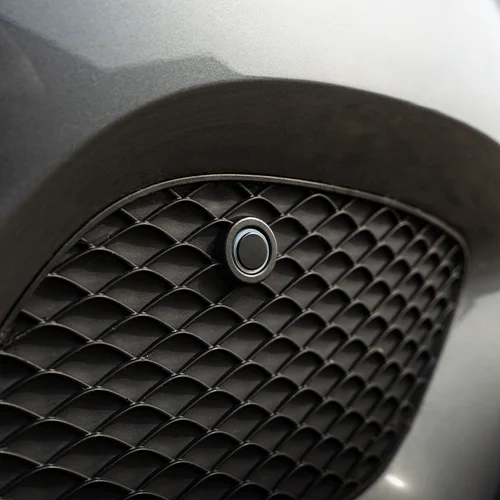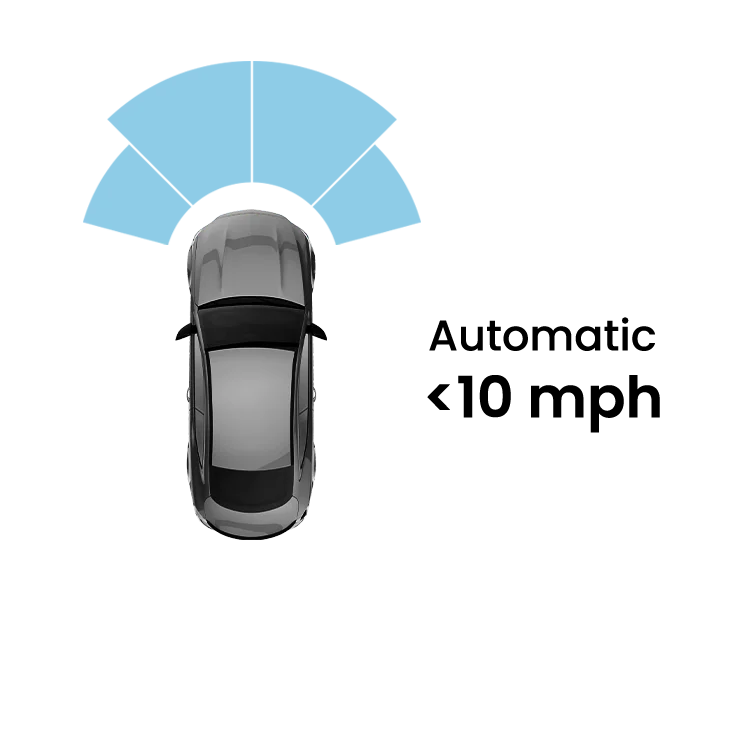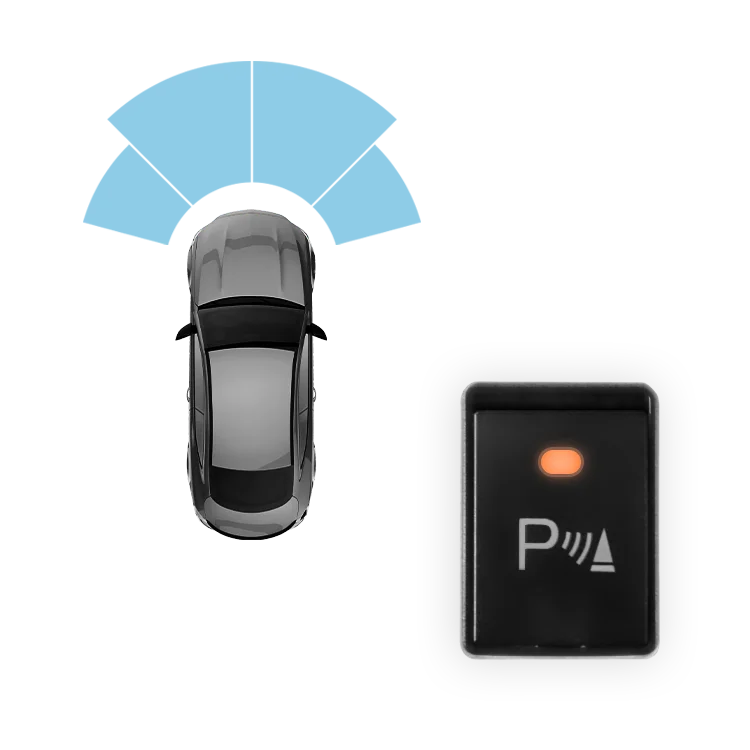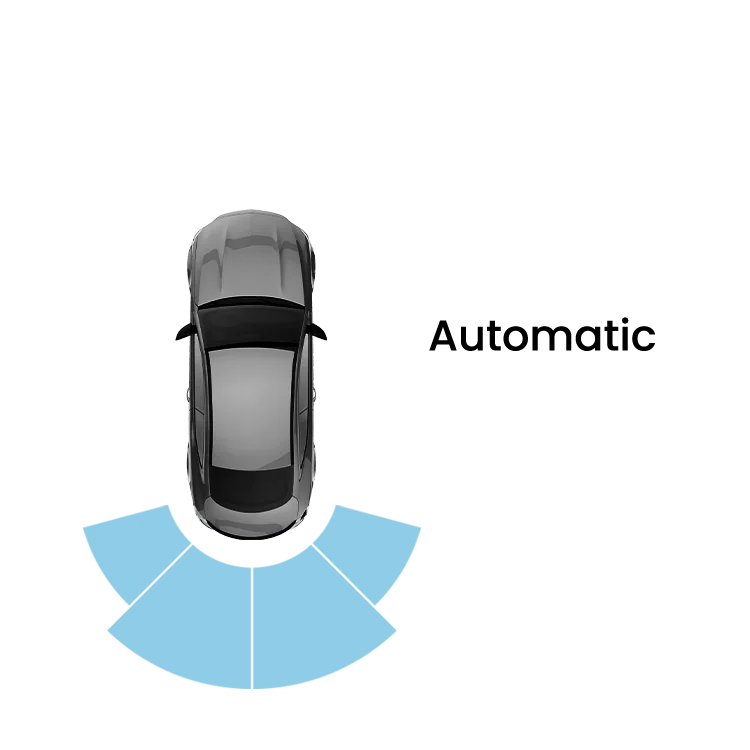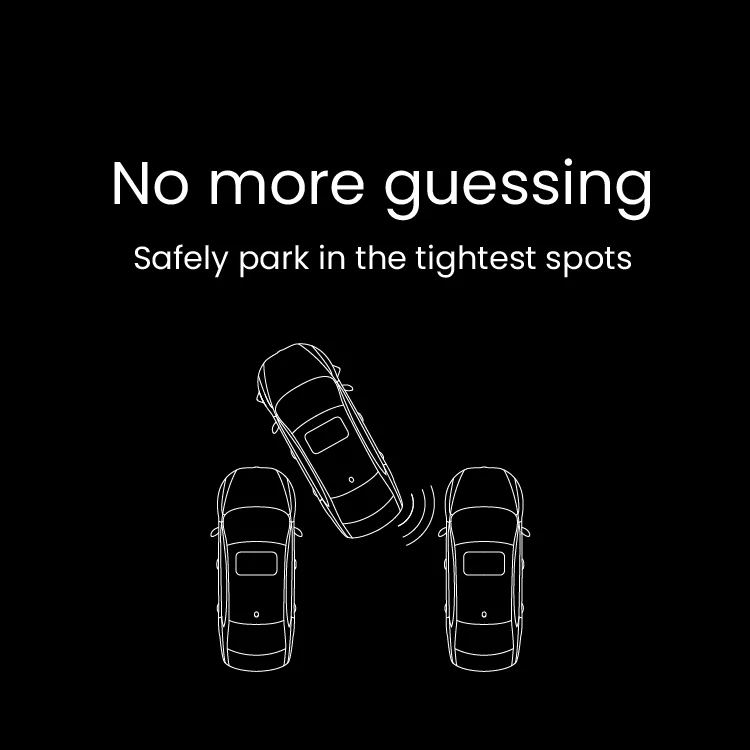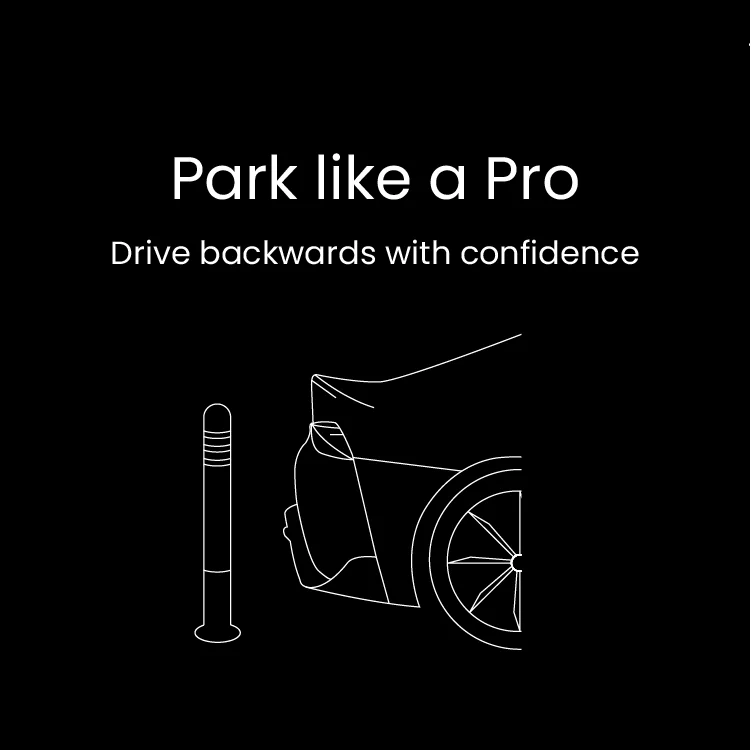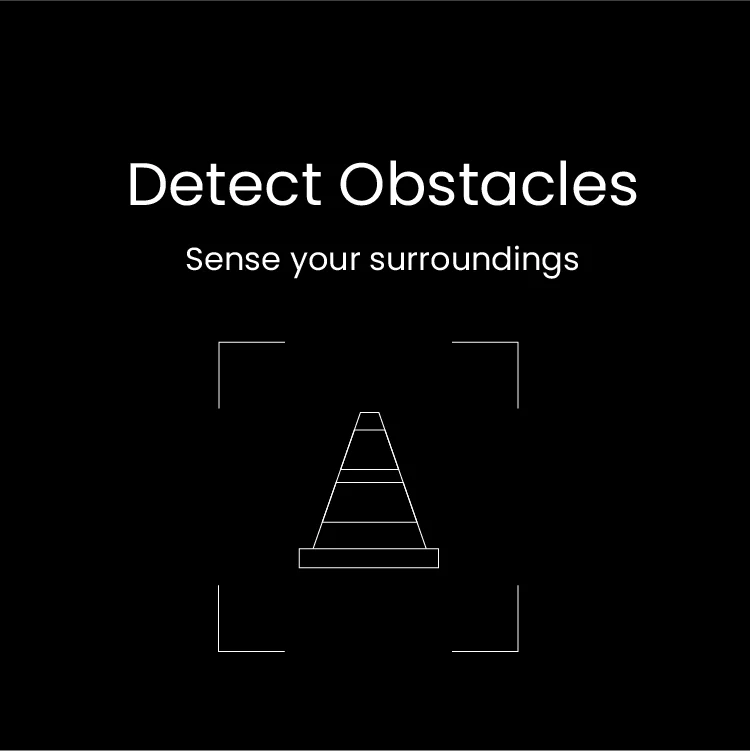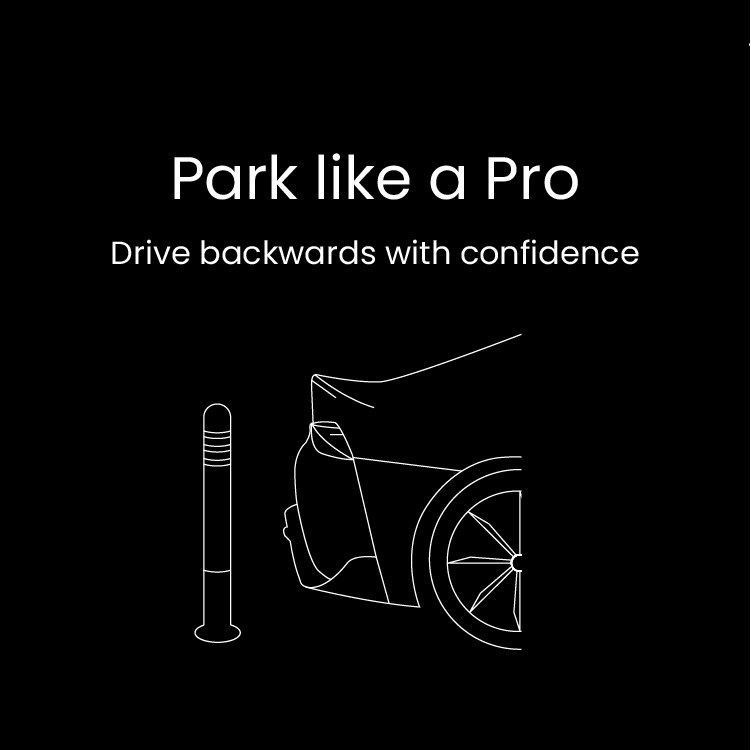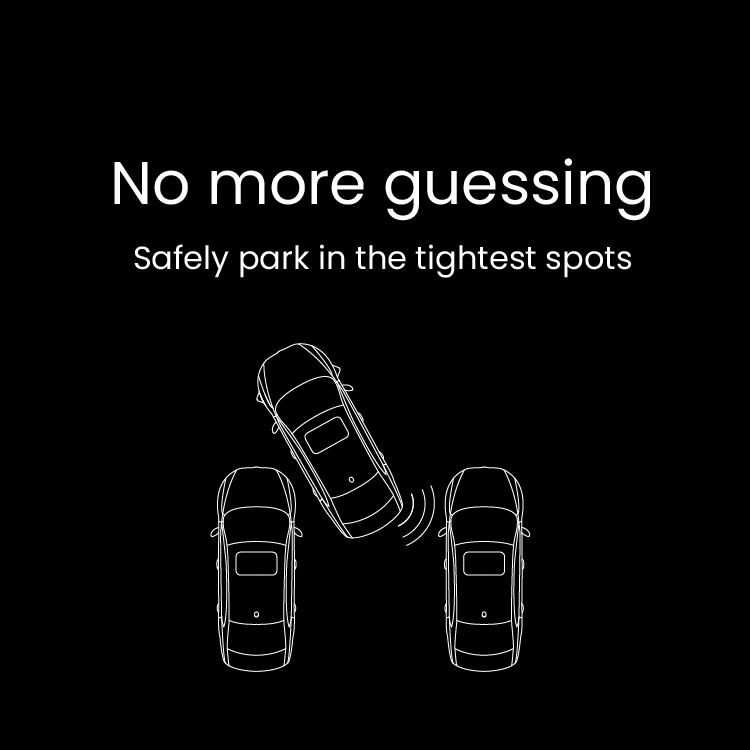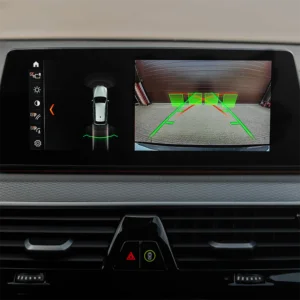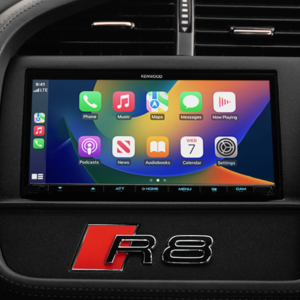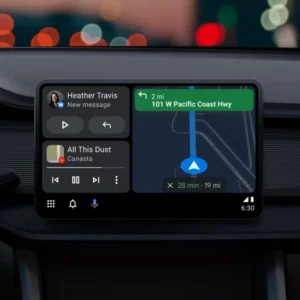1What are parking sensors, and why should I consider having them installed on my vehicle?
Parking sensors are advanced safety devices designed to assist drivers in parking and manoeuvring by detecting obstacles around their vehicles. Installing them enhances your safety and convenience when parking.
2How do parking sensors work, and what benefits do they offer for my vehicle?
Parking sensors employ ultrasonic or electromagnetic technology to detect obstacles. They provide real-time audio or visual alerts to help you avoid collisions, making parking and manoeuvring easier and safer.
3Are parking sensors a standard feature on most vehicles, or do I need to purchase them separately?
Parking sensors are not typically included as standard features on vehicles. They are standalone accessories that can be added to your vehicle for added safety and peace of mind.
4Can I install parking sensors on my own, or is professional installation necessary?
Professional installation is recommended for optimal performance and safety. Expert installers ensure precise placement and compliance with regulations.
5What types of parking sensors are available?
Parking sensors come in various types, including ultrasonic and electromagnetic sensors. Our knowledgeable sales team can guide you in selecting the ideal sensors to match your vehicle and parking needs.
6Do parking sensors work effectively in all weather conditions, and are there options for extreme weather environments?
While ultrasonic sensors may be affected by extreme weather, some systems offer enhanced capabilities in challenging conditions. Electromagnetic sensors are less impacted by weather, making them a good alternative.
7How are the alerts from parking sensors conveyed to the driver, and is there a visual display option?
Parking sensor alerts are typically auditory, with beeping sounds that increase in frequency as you approach an obstacle. Some systems offer visual displays, like LED indicators or dedicated dashboard screens.
8Can I install parking sensors on both the front and rear of my vehicle for comprehensive coverage?
Yes, you can equip your vehicle with parking sensors on both the front and rear, ensuring full coverage for parking and manoeuvring.
9Are parking sensors compatible with towing equipment, and can they be disabled when not needed?
Parking sensors can detect tow bars and trailers as obstacles. Some systems feature a tow mode that temporarily disables the sensors when towing, providing flexibility.
10Are parking sensors resistant to environmental factors like rain or snow, and how durable are they?
Parking sensors are designed to be weather-resistant. However, checking the product's specifications is advisable, especially in regions with heavy rain or snowfall.
11Can parking sensors be used while driving forward, and are they helpful in tight spots or crowded areas?
While parking sensors are primarily designed for reversing and parking, some systems can be manually activated for forward driving. They prove invaluable in tight spots and busy areas.
12Can parking sensors be disabled if needed?
Yes, most parking sensor systems have an on/off switch or a button to temporarily disable the sensors, which can be useful in situations like off-road driving or when attaching trailers.
13Are parking sensors compatible with other safety features like rearview cameras, and how do they complement each other?
Parking sensors can be integrated with rearview cameras for a more comprehensive view of your vehicle's surroundings. Together, they enhance your safety and confidence on the road.
14What maintenance do parking sensors require, and how can I ensure their longevity and accuracy?
Regular maintenance involves keeping the sensors clean and ensuring proper electrical connections. This ensures their accuracy and longevity.
15How do parking sensors fit into my overall vehicle safety strategy, and are they a substitute for safe driving practices?
Parking sensors are an essential addition to your vehicle's safety toolkit, enhancing your parking and manoeuvring experience. While they provide valuable assistance, safe driving practices and vigilance are still crucial for overall road safety.
